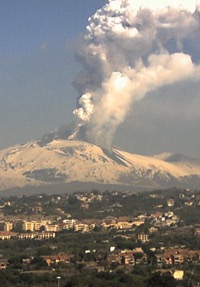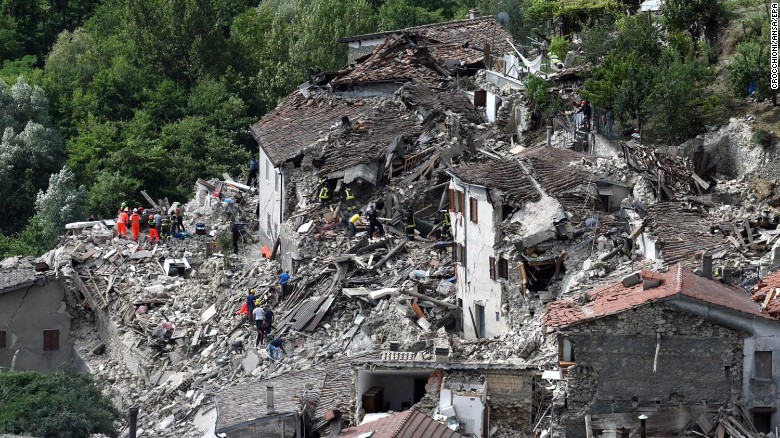Physical Geography:
A Mediterranean Perspective
Instructor: Richard P. Watson, Ph.D. 

Course Description
This course introduces the physical elements and processes responsible for: weather and climate, vegetation, soils, plate tectonics, landforms, their distributions, and their significance to humans. This special session of Physical Geography examines these processes as they are expressed in the context of the Italian Peninsula and larger Mediterranean region.
Physical geography is the study of the processes that drive the physical environments of the Earth. The nature and distribution of these phenomena is illustrated through the uniquely geographic approach of spatial analysis. The study of the Earth from a spatial perspective provides an analytical framework for understanding the complex interrelationships of the physical elements and environments that make up planet Earth. The course examines the significance of these processes and environments to humans with a special focus on their expression in Italy and the Mediterranean region.
An inquiry-based integrated laboratory component provides students with an understanding of the scientific method and its application to the analysis of the physical processes that shape the Earth, its environments, and their significance to humans. Activities and experiments provide students with an experience and comprehension of the geographical approach, and how spatial analysis offers a framework for understanding the dynamic nature of the planet on which we live.
This course contributes towards AUR General Education embedded skills requirements of Oral Presentation and/or Information Literacy.

